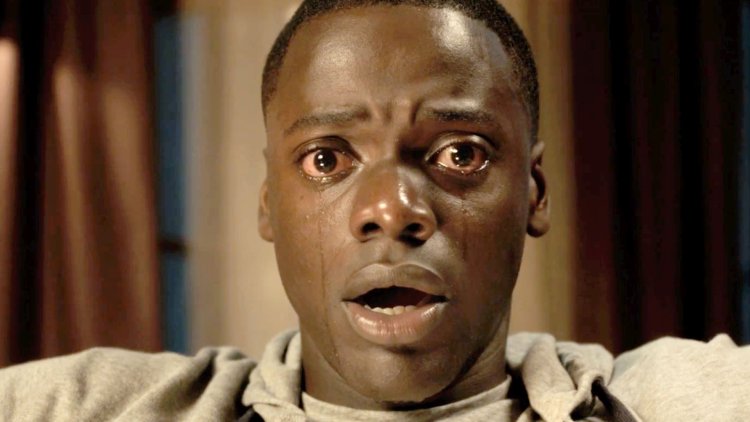Get Out (2017)
Welcome to our in-depth exploration of the critically acclaimed film Get Out (2017). Directed by Jordan Peele, this groundbreaking horror-thriller takes audiences on a chilling journey that intertwines social commentary, psychological tension, and thought-provoking storytelling. In this article, we delve into the captivating narrative, stellar performances, and the film's profound impact on viewers, solidifying its position as a modern classic.

A Provocative Premise
Get Out revolves around Chris Washington, brilliantly portrayed by Daniel Kaluuya, as he visits his girlfriend Rose's family for a weekend getaway. What initially seems like a warm welcome gradually unravels into a series of unsettling events. As Chris uncovers the dark secrets lurking beneath the surface, he becomes entangled in a web of deception, manipulation, and a horrifying revelation that challenges the notion of a "post-racial" society.
Unparalleled Social Commentary
At its core, Get Out serves as a scathing critique of racism and cultural appropriation. Jordan Peele deftly weaves these themes throughout the narrative, shining a light on the insidious nature of prejudice and systemic racism. The film confronts viewers with uncomfortable truths, forcing them to confront their own biases and societal norms. Through clever symbolism, Peele masterfully exposes the complexities of race relations, leaving an indelible impact on audiences.
Stellar Performances and Character Depth
Daniel Kaluuya delivers a tour de force performance as Chris Washington, capturing his vulnerability, resilience, and growing sense of dread. His portrayal skillfully conveys the range of emotions experienced by a man trapped in a nightmarish situation, earning him widespread acclaim and recognition. The supporting cast, including Allison Williams, Bradley Whitford, and Catherine Keener, deliver compelling performances that add depth and complexity to the story.
Tension-Building and Psychological Thrills
Peele's directorial prowess is evident in the way he builds tension throughout Get Out. The film expertly combines elements of psychological horror and suspense, keeping viewers on the edge of their seats. From the eerie ambiance to the meticulously crafted plot twists, each moment contributes to the growing unease experienced by both the protagonist and the audience. The result is an immersive cinematic experience that leaves a lasting impression.
Thoughtful Symbolism and Visual Storytelling
Get Out employs powerful symbolism to enhance its narrative impact. Peele uses recurring motifs, such as the hypnotic teacup and the sunken place, to convey deeper meanings and commentary. These visual elements serve as a reflection of the film's underlying themes, allowing for a multi-layered viewing experience. The meticulous attention to detail and artistic cinematography further elevate the film's visual storytelling, creating a hauntingly beautiful aesthetic.
Cultural Significance and Critical Acclaim
Since its release, Get Out has achieved widespread critical acclaim and cultural significance. Peele's directorial debut not only resonated with audiences worldwide but also sparked conversations about race, representation, and the lingering effects of systemic racism. The film's impact on popular culture and its ability to provoke introspection solidify its status as a groundbreaking work of art.
Also Check Aruba - The most beautiful island in the Caribbean
Conclusion
In conclusion, Get Out (2017) is a cinematic masterpiece that masterfully combines horror, social commentary, and psychological thrills. Jordan Peele's visionary direction, coupled with outstanding performances, thought-provoking symbolism, and an unflinching exploration of racial dynamics, make this film an unforgettable experience. As you immerse yourself in the unsettling world of Get Out, be prepared to question societal norms, confront uncomfortable truths, and appreciate the power of cinema to challenge and inspire change.




























